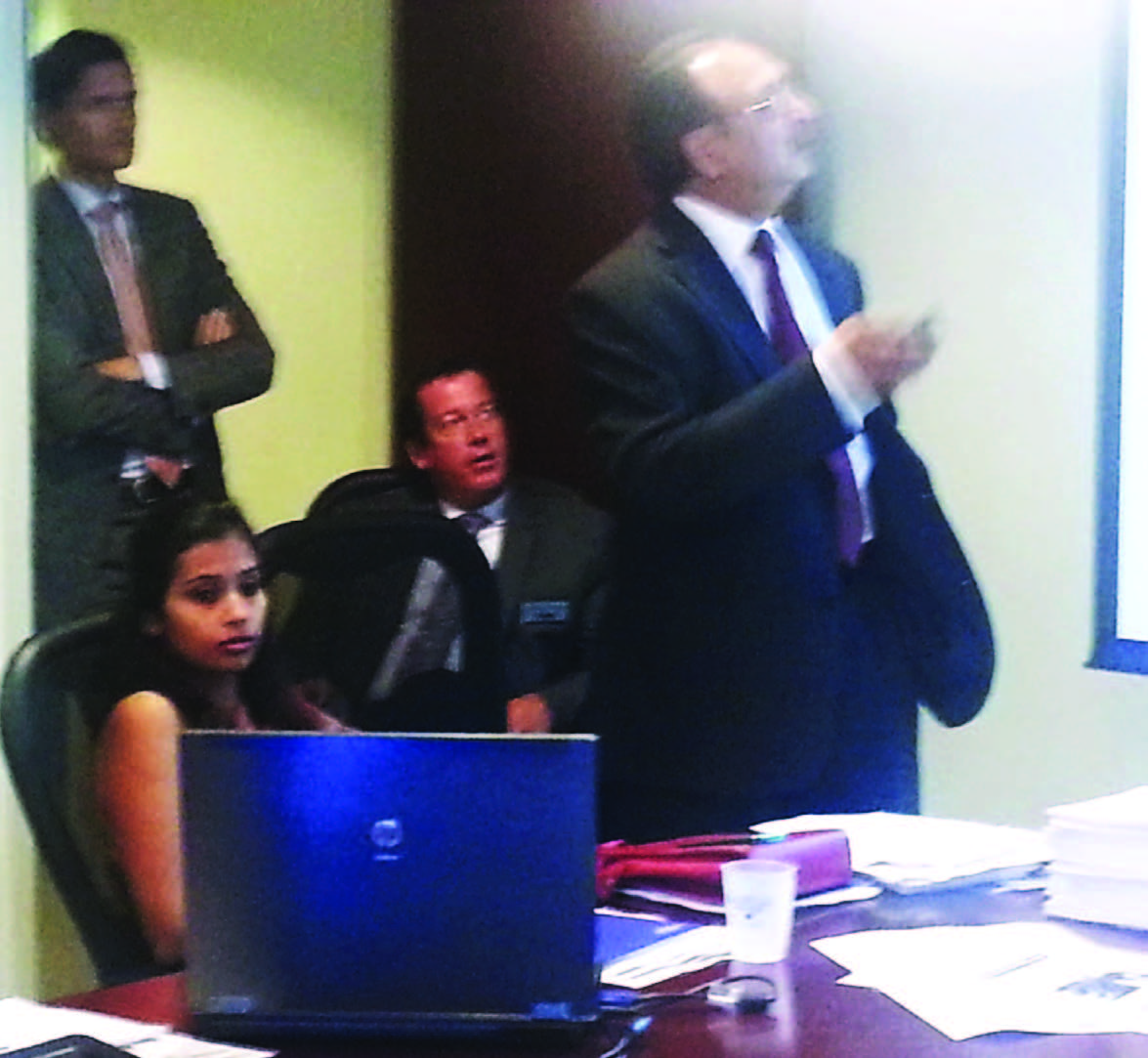
NEW YORK, NY (TIP): The Law Offices of Anand Ahuja in association with the Private Client Reserve of US Bank organized a seminar on ‘US Tax Laws and Foreign Bank Accounts Reporting and Assets Protection’ on August 12, 2013, in Manhattan. Dr. Devyani Khobragade, Deputy Consul General of India in New York was the Chief Guest at the well attended event. In her opening remarks, she stated the importance of various tax reporting legislations both in India and the U.S.A., and problem of tax evasion in various countries. Commenting on United State’s role to check free flow of unreported income, and US’s initiative in entering into intergovernmental agreements with various countries to curb this menace, she mentioned that India has not signed inter governmental agreement with the U.S. so far, but may eventually consider signing it.
She was, however, concerned about certain provisions in these agreements, specifically conflict of these provisions with certain privacy or banking secrecy requirements under Indian laws. She said that those issues will have to be taken into consideration, and possibly negotiated with the U.S. before India signs this agreement. Attorney Anand Ahuja emphasized that “Increased international mobility of both capital and labor in recent years has forced advanced countries to examine their fiscal policies from international perspective. In this age of globalization, cross-border matters have become of great concern to American politics. Citizen of other countries, at times, move to the USA or own assets here, and U.S. Citizens often move or own assets outside the United States. Therefore, any estate, gift or tax planning should be considered from international perspective than just domestically”. Further Attorney Anand Ahuja explained that the definition of a U.S. residence from U.S. tax laws is different from U.S. immigration laws.
The United States taxes rules, for determining whether a person is subject to income tax or not, are based on two tests- (a) the permanent residence or citizen test, and (b) the substantial presence test. Therefore, besides U.S. Citizen and Green Card Holder (a/ka Lawful Permanent Resident), a person becomes U.S. resident from tax laws point view based upon his/her “substantial presence” in the United States. Attorney Ahuja stated that the U.S. government, therefore, imposes income tax, on its citizens, legal permanent residents (“LPR” or green card holders), legal non-immigrants (H1-B, L1, E, and O-1 etc.), illegal residents, and even foreigners visiting USA. Any person, while residing in the United States for certain number of days, even if is illegally, is a U.S. income tax resident and thus subject to his/her worldwide income to U.S. income taxation by virtue of meeting the “substantial presence” test. “It’s precisely for this reason that all U.S. residents, legal or illegal are supposed to file not only their annual income tax returns in time but also other tax reporting forms”, said Attorney Anand Ahuja. Exceptions, he said, however, apply in certain cases.
For example, foreign government employees, employees of certain international organization, certain exchange visitors etc; are exempt. Attorney Ray Radigan discussed, in detail, about the importance of a will and proper estate planning, especially for immigrant community such as Indian with assets located in multi-jurisdictions. He emphasized that having a will ensures that state law will not dictate the distribution of your assets, the custody of your children, or the care of those under your responsibility with special needs. He stated, “A will also allows you to avoid having a court-appointed administrator and the associated costs”. Further, he discussed various forms of trusts and estate planning tools with the audience. The program was moderated by Kelly Imamura, of The Private Client Reserve of US Bank. Amongst the attendees of this highly informative and educational seminar were physicians from Indian community and bankers that included Mr. Hadrian A. Tucker, Senior Compliance Officer, US Operations, State Bank of India; Mr. G. V. Parmeswaran, Bank of Baroda and P. Ramakrishna Chowdary, Andhra Bank.





Be the first to comment